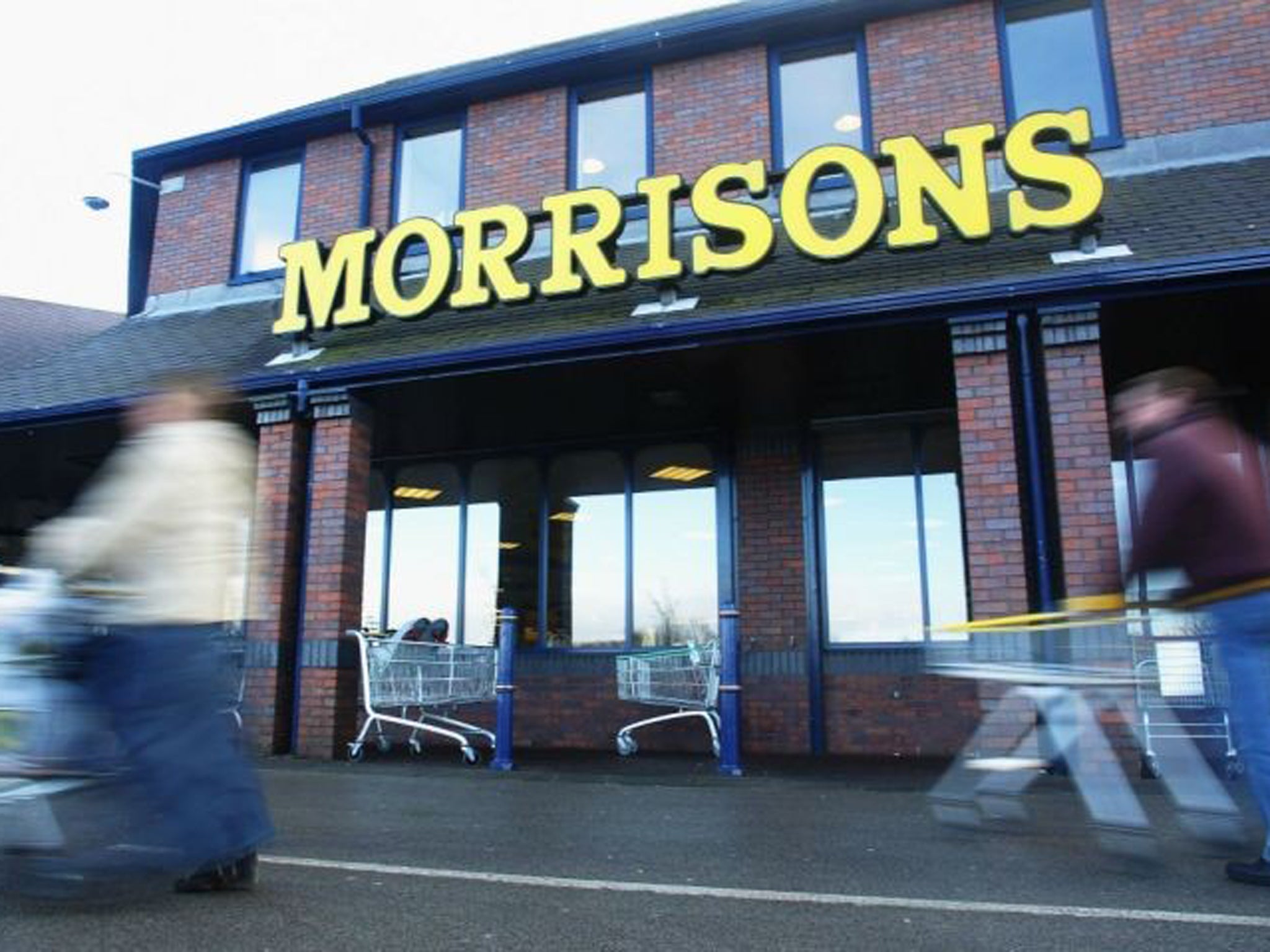Investment Insider: Grocers won't be fatally poisoned by horsemeat chaos
Whatever the headlines, supermarkets will continue to be worth investors' attention

Was the horsemeat scandal simply a case of supermarkets bowing to pressure to sell cheaper food? Or were corner-cutting food producers to blame? Or was no one to blame because substituting one type of meat-like product for another has been going on for years?
Whatever the reasons, this has been a torrid month for the reputations of Britain's supermarkets. Christine Tacon, below, recently named as the UK's first supermarket ombudsman, has been called in to look into the scandal and no doubt the blame game will continue for sometime yet as will product withdrawals.
But over the long term I can't see the scandal undermining the continuing dominance of the large supermarkets in the grocery and wider retail sector. According to market researcher IGD, the UK grocery market was worth £163bn in 2012, an increase of 3.8 per cent on the previous year. Put another way, it means each household in the UK spent an average of around £6,000 on groceries last year. The aim for each supermarket is to grow its market share in what can only be described as a steady-growth sector. IGD forecasts the UK grocery market could be worth nearly £193bn in 2017: an increase of 3 per cent a year. From an investors' perspective, it is therefore not a question of if the grocery market will grow but how likely a grocer will grow or at least maintain its market share.
For supermarkets, every percentage point rise in the market is worth around £1.6bn. In five years' time it could be worth £1.9bn. At present, Tesco is the market leader with around a third of the UK market. Asda, part of America's Wal-Mart, controls 18 per cent, closely followed by Sainsbury with 17 per cent. Morrisons is a distant fourth with 12 per cent. Despite the dominance of the "big four", consumers recently said they prefer shopping at Waitrose, Aldi and Lidl.
From a financial perspective supermarkets are by-and-large reliable performers. Over the past 12 years, the food sector has delivered a total return of around 140 per cent even though the shares have only appreciated around 65 per cent. That's because reinvested dividends helped to boost the total return.
In that sense, grocers should be seen as income producers rather than fast-growing businesses. Mind you, there was a period around the turn of the millennium when Tesco almost doubled its market share in a decade, by testing out-of-town supermarket concepts and smaller town-centre outlets. It also ventured into hypermarkets that allowed it to expand into electrical goods, music, books and clothing. In fact, £4 out of every £10 spent today on groceries goes through the tills at a hypermarket or superstore.
But there has been a noticeable sea-change with grocers now preferring to expand through smaller town-centre stores. Morrisons recently said it would buy 49 shops from the failed Blockbuster video rental chain to build a new convenience store franchise.
Morrisons may be a latecomer to town centres but it could be a front runner to benefit from the horsemeat scandal. Either by a quirk of fate or by deliberately controlling its supply chain, Morrison is a proponent of farm-to-table, vertical integration. This means the company buys its meat straight from farmers, sends it to its abattoirs and butchers it in-store. It also has 18 food preparation plants making pies, sausages, cooked meats and other products.
Morrisons could exploit the horsemeat scandal. However, that will not be easy at a time when shoppers are keeping a tight hold on their budgets. The truth is, food prices are elastic: if the price of an item doubles, the quantity sold almost halves. By the same token, if the price halves, a supermarket should, in theory, sell twice as many items. That is why, the "pile 'em high and sell 'em cheap" theory of retailing works.
Get a free fractional share worth up to £100.
Capital at risk.
Terms and conditions apply.
ADVERTISEMENT
Get a free fractional share worth up to £100.
Capital at risk.
Terms and conditions apply.
ADVERTISEMENT
Consequently, as investors we should examine fundamentals rather than the news. On that score, Tesco, Sainsbury and Morrisons are much of a muchness in terms of valuation, with Tesco marginally more expensive than the others. From a domestic view, Tesco is unlikely to expand its market share much beyond 30 per cent. But, its potential lies outside the UK once it puts its domestic business back onto an even keel, and there are signs that is happening.
David Kuo is director of fool.co.uk
Join our commenting forum
Join thought-provoking conversations, follow other Independent readers and see their replies
Comments
Bookmark popover
Removed from bookmarks